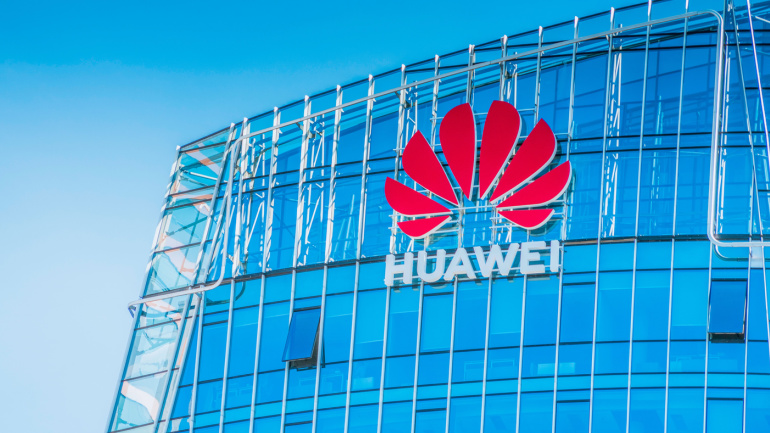Google has unveiled new regulations requiring political advertisers to conspicuously disclose their use of AI in campaign ads, effective this November. These rules apply to any political advertisements featuring “synthetic content” depicting realistic-looking individuals or events generated by AI. This move comes in response to the rising prevalence of digitally manipulated political ads. Google insists that these AI-enhanced ads must include a clear and noticeable disclaimer.
Ekinops, a telecom solutions leader, has unveiled its OneOS6-LIM, a game-changing virtualization solution. This innovation optimizes hardware, integrating an efficient ONEe600 router to provide top-notch services, debunking doubts about uCPE economics. Ekinops’ partnership with EANTC AG solidified its position as a potent player in NFV, offering quick ROI for service providers.
In a groundbreaking move, Genesys, a pioneer in AI-powered experience orchestration, has unveiled a strategic collaboration with Salesforce, the leading AI CRM provider. This partnership aims to revolutionize the way businesses manage their data, agents, bots, and communication channels to create more intelligent end-to-end experiences for both customers and employees.
The EU’s strategic push under the Digital Markets Act has resulted in mega-tech firms Alphabet, Amazon, Apple, ByteDance, Meta and Microsoft being labelled ‘gatekeepers’. With this new classification, pivotal changes are expected in the realm of digital services for end-users and businesses. Crucial guidelines centering around data transparency, competitiveness, and platform interoperability must now be adhered to. On the other side of the coin, brands such as Samsung have evaded the ‘gatekeeper’ tag.
In the wake of the European Union’s decision to compel Microsoft to cease bundling Teams with Office applications across Europe, Zoom’s CEO, Eric Yuan, has proposed that the United States Federal Trade Commission (FTC) consider similar actions within its borders.
In a collaboration with Bloomberg, Canadian company TechInsights racks the Huawei Mate 60 Pro under scrutiny, examining whether the covertly launched flagship phone can surpass the considerable limitations imposed on it by the US government.
Deutsche Telekom, in collaboration with AirHop, Juniper Networks, VIAVI Solutions, and VMware, has been testing the waters to leverage telecom technology bound by Open RAN specifications. Treading an intriguing path of innovation, they trialed Non-RT RIC technology by performing a RAN closed-loop optimization proof, embraced by ONAP and Open RAN standards. The journey unfolded two pivotal use case scenarios revolving around PCI optimization and energy-saving dynamics powered by AI and machine learning.
IBM’s latest partnership with the UK government to create a national biometrics platform has sparked heated debate within the tech community. While the tech giant affirms its commitment against mass surveillance, fear persists about the system’s potential for misuse. Transparency and clear parameters for this new technology’s use are now of paramount importance.
In a record-breaking flurry of innovation submissions, the Connected Britain Awards are turning the spotlight on frontrunners shaping the UK’s digital frontier. The anticipation builds as the official shortlist for 2023 announces contenders across 15 award categories.
EdgeCore Digital Infrastructure has partnered with Zayo to enhance connectivity at its Santa Clara data center. Meanwhile, a US-led operation dismantled the Qakbot malware network, preventing further infections and seizing $8.6 million in cryptocurrency. Global roaming fraud is projected to cost $8 billion by 2028. KDDI and SpaceX plan to launch satellite-to-cellular services in Japan by 2024, bridging connectivity gaps in remote areas beyond 5G and 4G coverage.













